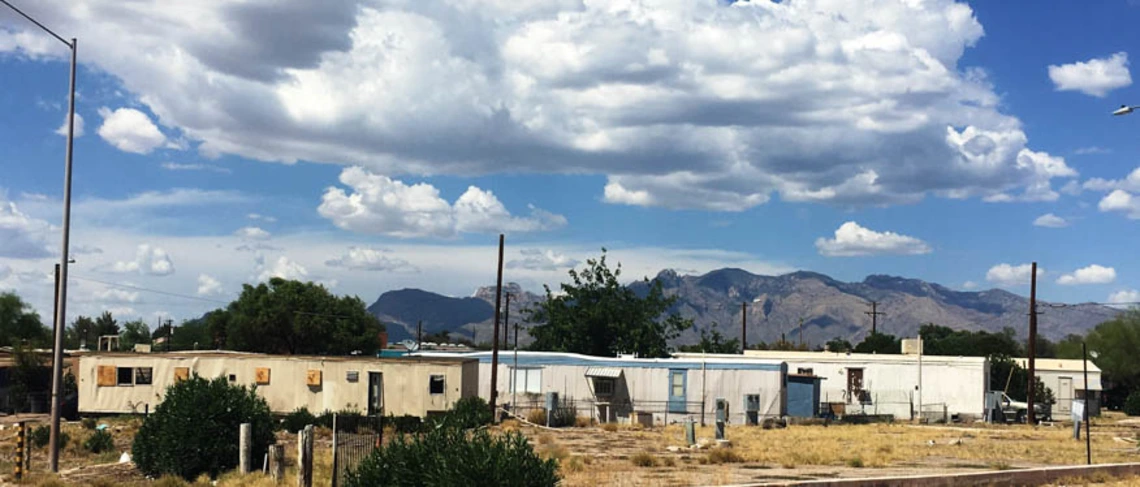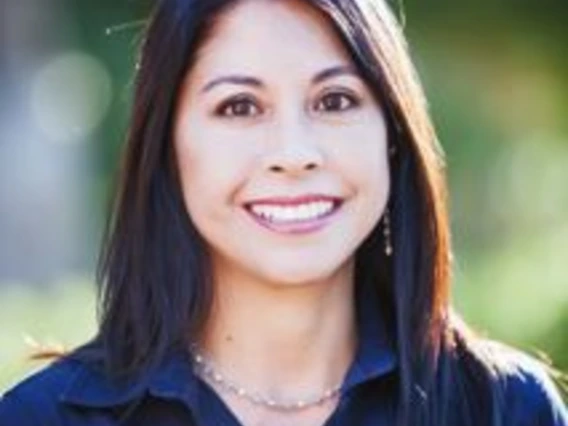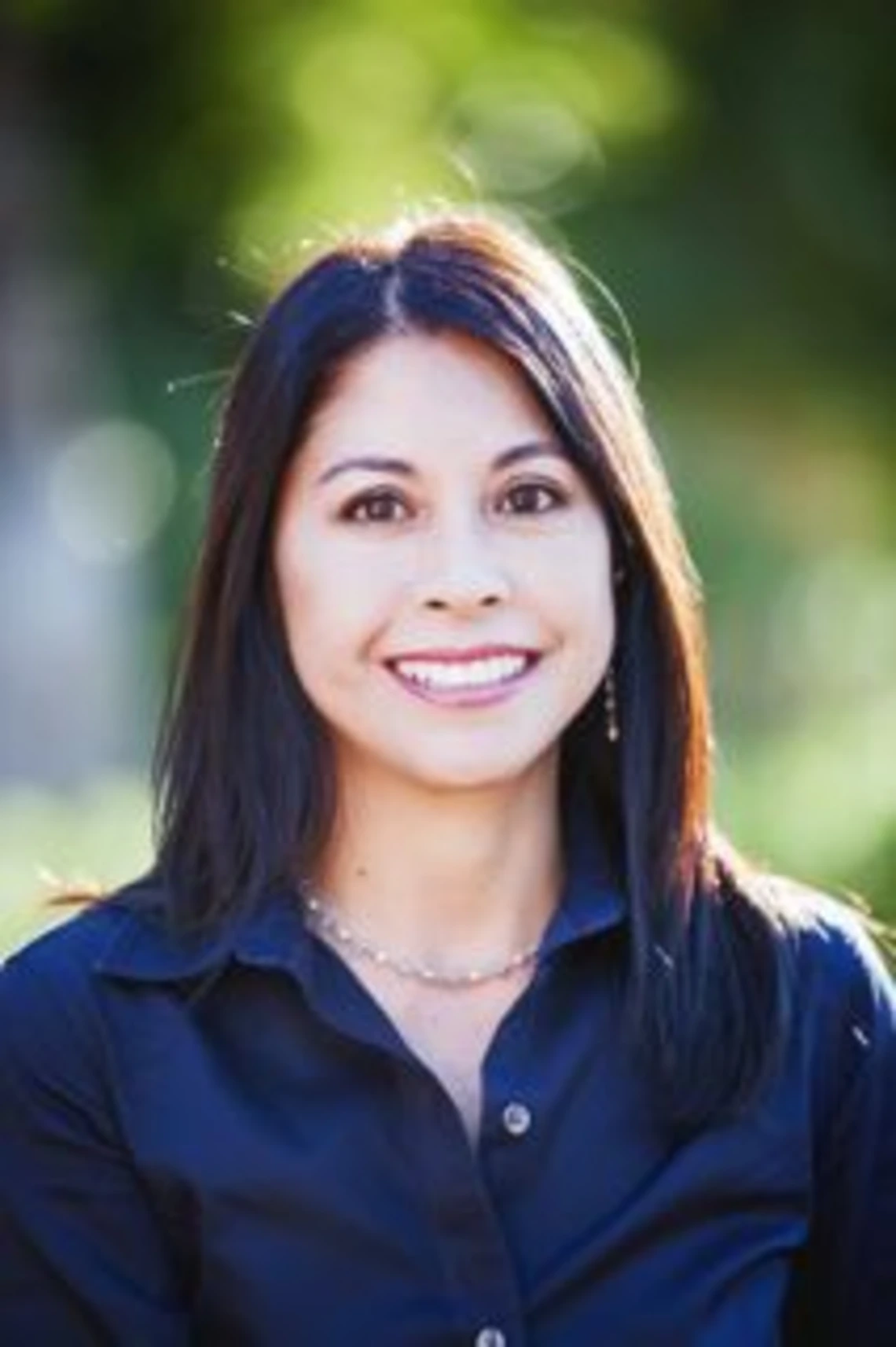The Haury Program Announces its 2018 Spring Competitive Grant Cycle Awards.

1
The Agnese Nelms Haury Program in Environment and Social Justice (Haury Program) is pleased to announce the recipients of its Spring 2018 awards for seed grants and faculty fellowships.
Seed Grants
The Spring 2018 seed grants are awarded to two teams working in Arizona.
The project, A New Habitat for Manufactured Housing in Tucson, led by Mark Kear of the University of Arizona (UA) Department of Geography and Development, focuses on a critical urban issue, housing for low-income families, and includes partners Habitat for Humanity, Ward 3 in the City of Tucson and Margaret Wilder of the UA Department of Geography and Development. It is a two-year project.
The other seed project, Engagement of Underserved Students in Biodiversity and Land-Use Issues through the Co-Management of Agriculture and Wildlife, led by Paula Rivadeneira of UA Yuma Agricultural Center, partners with Arizona Western College and Fresh Express. It is also a two-year project. This is the first award to work in Yuma, Arizona by the Haury Program.
A New Habitat for Manufactured Housing in Tucson’s long-term goal is to create a foundation transform Tucson’s most socially and environmentally vulnerable manufactured housing (MH) communities into healthy, sustainable, and just places to live. The team will deepen understanding of the intersections between social (e.g., eviction) and environmental vulnerability (e.g., energy poverty) in MH communities; develop indices and maps to identify Tucson’s most socially and environmentally vulnerable MH communities; recommend policy interventions to enhance MH quality of life and resilience; and refurbish and build new homes for a candidate MH community. Kear states: “The Haury Program’s support of this partnership will allow the UA, Habitat for Humanity, and City of Tucson Ward 3 to translate basic research on manufactured housing into better housing options as well tangible improvement in the social and environmental quality of life for Tucson manufactured housing residents. “
Engagement of Underserved Students in Biodiversity and Land-Use Issues through Co-Management of Agriculture and Wildlife seeks to balance healthy fresh produce with wildlife habitat by taking a new approach. Yuma, Arizona is the Winter Vegetable Capital of the World. Historically, growers destroyed native habitat around their fields for food safety assuming that wildlife would leave. But studies have documented the opposite. Traditionally underserved students at Arizona Western College will be integral to the project, which can serve as a gateway for science-based agricultural careers. “This seed grant will fund student interns who not only will benefit from gaining hands-on field experience, but they will earn an income, some for the first time ever,“ says Rivadeneira.
Faculty Fellows
 The Haury Program selected two researchers with deep connections in Native American and Latina/o communities for two-year fellowships. Patrisia Gonzales is an Associate Professor in UA Mexican American Studies and American Indian Studies-GIDP in the College of Social and Behavioral Sciences and Celeste González de Bustamante, is Associate Professor in UA School of Journalism in the College of Social and Behavioral Sciences, where she is Assistant Director Faculty Initiatives.
The Haury Program selected two researchers with deep connections in Native American and Latina/o communities for two-year fellowships. Patrisia Gonzales is an Associate Professor in UA Mexican American Studies and American Indian Studies-GIDP in the College of Social and Behavioral Sciences and Celeste González de Bustamante, is Associate Professor in UA School of Journalism in the College of Social and Behavioral Sciences, where she is Assistant Director Faculty Initiatives.
González de Bustamante’s border and cross-border work has focused on empowering underrepresented voices through research, education and community collaboration. “Understanding the U.S.-Mexico borderlands and its peoples is more important now than ever. My goals and hope are that through research, teaching and by collaborating with communities on the ground, the wider public begins to better understand the borderlands. The fellowship will allow me to strengthen and enhance current partnerships with borderlands community-based organizations, as well as to initiate new collaborations. Connections between the University of Arizona and the community are vital to sustainable and positive change in this critical region of the world.”
 Gonzales’ research has focused on Indigenous networks to increase connectivity and relationality. “The Faculty Fellowship will support my efforts to foster networks across Indigenous communities and between youth and elders in an education program that links youth with elders in Indigenous social justice projects that include the environment as community. As part of this mentorship and co-exploration of knowledge, UA Indigenous students will be connected to Indigenous rights activists to assist Alianza elders in creating engaged public scholarship and awareness of Indigenous rights regarding migration, mobility and militarized borderlands and the potential impact on Indigenous knowledge.”
Gonzales’ research has focused on Indigenous networks to increase connectivity and relationality. “The Faculty Fellowship will support my efforts to foster networks across Indigenous communities and between youth and elders in an education program that links youth with elders in Indigenous social justice projects that include the environment as community. As part of this mentorship and co-exploration of knowledge, UA Indigenous students will be connected to Indigenous rights activists to assist Alianza elders in creating engaged public scholarship and awareness of Indigenous rights regarding migration, mobility and militarized borderlands and the potential impact on Indigenous knowledge.”




